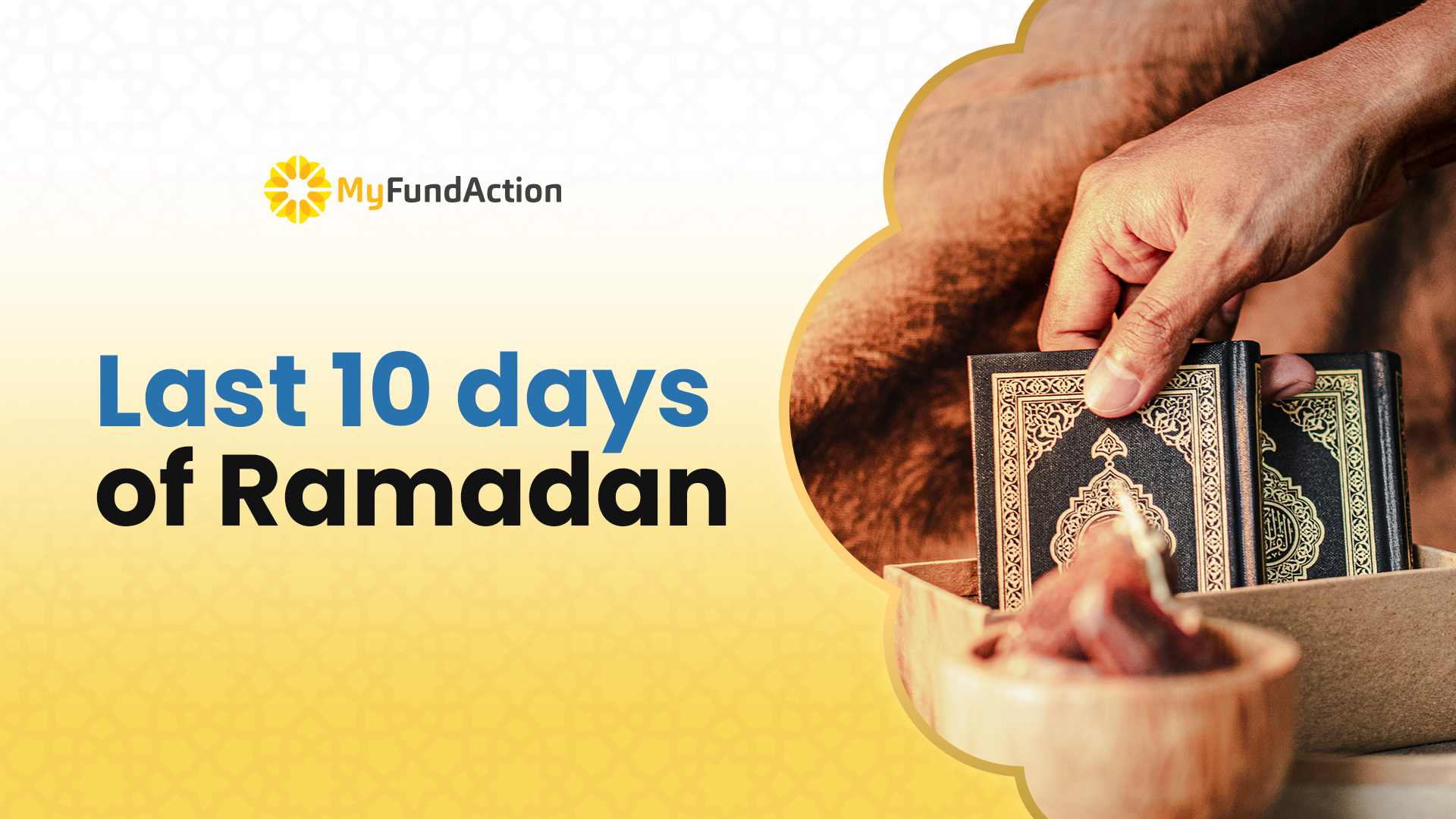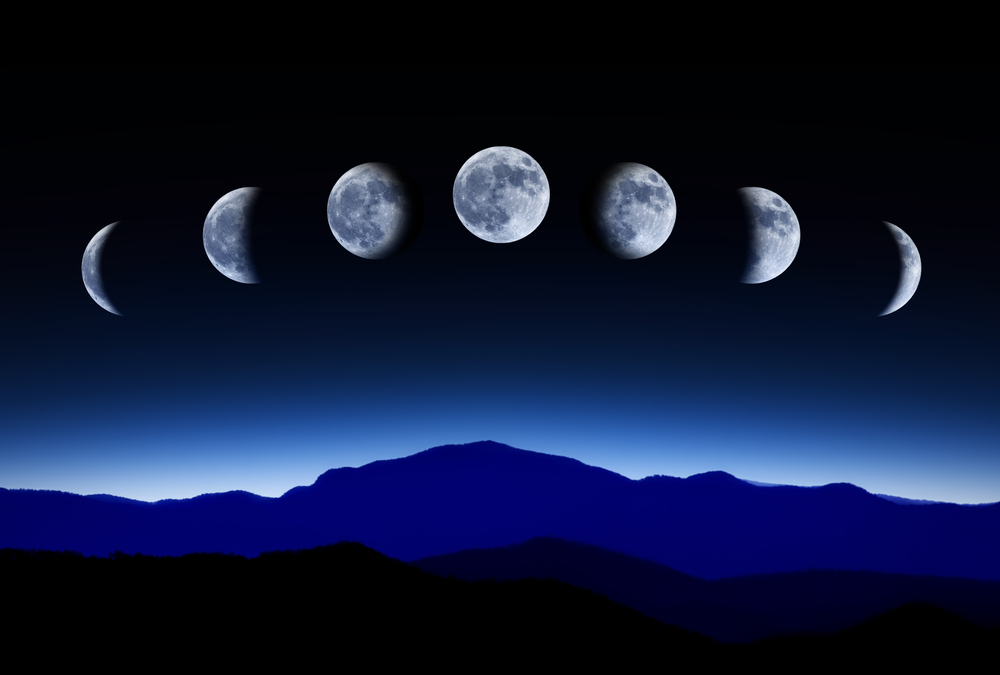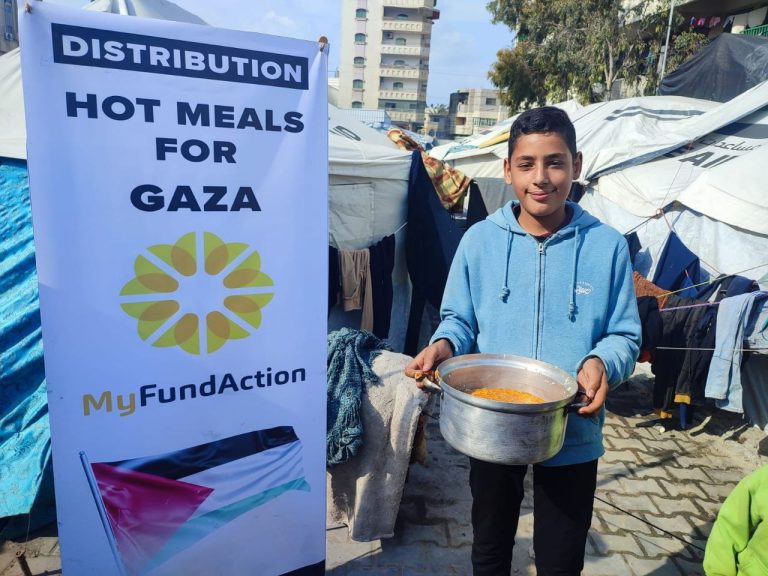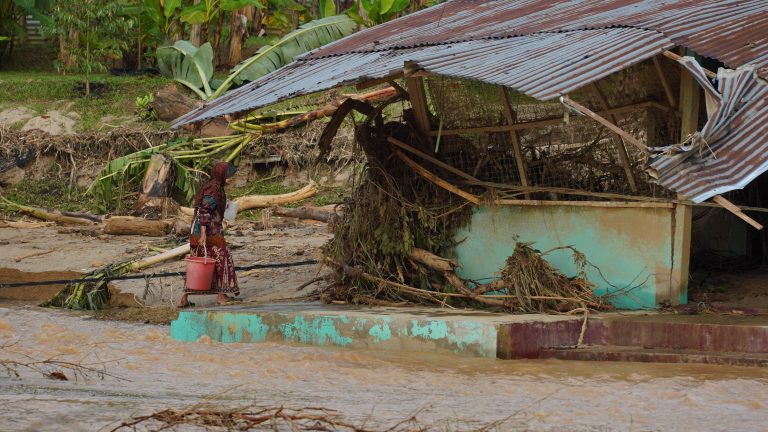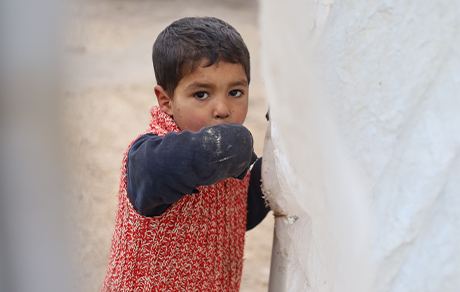The last ten days of Ramadan are the most sacred and spiritually significant period of the holy month for Muslims around the world. During these days, believers intensify their worship, striving to draw closer to Allah and seeking His mercy, forgiveness, and blessings. This period is significant as it includes Laylat al-Qadr, the Night of Decree, described in the Qur’an as better than a thousand months (Surah Al-Qadr, 97:3).
What happens in the last 10 days of Ramadan?
Laylat al-Qadr is believed to be the night when the Qur’an was first revealed to the Prophet Muhammad (SAW), and on this night, Allah decrees the destiny of His creation for the coming year.
The exact date of Laylat al-Qadr is not known, but it is commonly sought on the odd-numbered nights of the last ten days, such as the 21st, 23rd, 25th, 27th or 29th night of Ramadan. To make the most of this opportunity, Muslims engage in increased prayer (salah), recitation of the Qur’an, remembrance of Allah (dhikr), and making heartfelt supplications (dua).
Another notable aspect of the last ten days is the practice of i’tikaf, where individuals seclude themselves in the mosque to focus solely on worship, reflection and spiritual purification. This practice allows believers to detach from worldly distractions and dedicate their time entirely to Allah. The Prophet Muhammad (SAW) would consistently observe i’tikaf during the last ten days of Ramadan, setting an example for the ummah (Muslim community) to follow. [Sahih Bukhari, Hadith 2025].
Charitable acts also hold heightened significance during this time. Following the example of the Prophet (SAW), whose generosity during Ramadan was described as faster than a “blowing wind” [Sahih Bukhari, Hadith 1902], Muslims are encouraged to give freely in charity, particularly to support those in need. Many take this opportunity to pay their Zakat al-Fitr, an obligatory form of charity given before the Eid prayer, ensuring that the less fortunate can celebrate the festive occasion.
Why are the last 10 days of Ramadan important?
The wisdom behind why the exact date of Laylat al-Qadr is hidden, as explained by Islamic scholars, carries profound spiritual and practical lessons for believers:
- To inspire consistent devotion throughout the entire month of Ramadan, especially during its final nights. This encourages Muslims to remain engaged in worship and increase their efforts as the holy month concludes.
- To motivate worshipers to dedicate themselves to nightly prayers and good deeds on all nights of Ramadan, rather than focusing solely on specific signs or a particular night.
- To foster a continuous state of mindfulness and obedience to Allah. Committing sins during Laylat al-Qadr would result in an immense loss, as the night is an unparalleled opportunity for forgiveness and blessings.
- To reward believers abundantly for their perseverance and dedication in seeking the blessed night, emphasizing the importance of steadfastness and sincerity in their supplications to Allah.
- To highlight the divine wisdom and majesty of Allah, who alone knows the hidden matters of the universe. This is reflected in the Quran, where Allah says in Surah Al-Baqarah (2:30): “Indeed, I know that which you do not know.”
When are the last 10 days of Ramadan 2025 in the UK, Germany, France, US, Canada, ANZ, Indonesia and Malaysia?
In 2025, the Islamic holy month of Ramadan is anticipated to commence on the evening of Friday, 28 February and conclude on the evening of Sunday, 30 March. The final ten days, known for their heightened spiritual significance, are expected to fall between 21 and 30 March. These dates are based on the lunar calendar and may vary slightly depending on the sighting of the new moon in each region.
United Kingdom: The last ten days are projected to be from 21 March to 30 March.
Germany and France: Similar to the UK, the last ten days are anticipated between 21 March and 30 March, subject to moon sighting confirmations.
United States and Canada: The final ten days are expected from 21 March to 30 March, with slight regional variations possible based on local moon sightings.
Australia and New Zealand: The last ten days are likely to be observed from 21 March to 30 March, contingent upon local lunar observations.
Indonesia and Malaysia: The concluding ten days are anticipated between 21 March and 30 March, depending on regional moon sighting reports.
Please note that these dates are tentative and may vary based on local lunar observations. For precise information, it is advisable to consult local Islamic centers or religious authorities closer to the dates.
Frequently Asked Question
- Dua for first 10 days of Ramadan / Laylatul Qadr dua
One of the most recommended duas for Laylat al-Qadr is:
اللَّهُمَّ إِنَّكَ عَفُوٌّ كَرِيمٌ تُحِبُّ الْعَفْوَ فَاعْفُ عَنِّي
“Allahumma innaka Afuwwun [Karimun] tuhibbul afwa fafu annee”
(O Allah, indeed You are Pardoning, [Generous], and You love pardon, so pardon me) [Tirmidhi: 3513].
- What to do on the last 10 days of Ramadan
- Stay away from sinful acts, idle talk, and unnecessary distractions, focusing instead on pleasing Allah.
- Engage in qiyam al-layl (night prayers) during these nights, including Tahajjud and spend time reciting and reflecting on the Qur’an.
- Make Extensive Dua and Dhikr like Subhanallah, Alhamdulillah, Allahu Akbar, Astagfirullah.
- Give to charity, provide meals for the needy, and pay your Zakat al-Fitr before the end of the month.
- Engage in I’ktikaf where one dedicates their time exclusively to worship and reflection.
The consistency of fasting, praying and practicing self-control throughout the month makes it easier to continue these habits even after Ramadan ends. It’s not just about starting good habits, it’s about making them stick.
- Can women on their period benefit from Laylat al-Qadr on the last 10 days of Ramadan?
Yes, women who are menstruating can still benefit by engaging in non-physical acts of worship such as:
- Making dua.
- Listening to or reflecting on the Qur’an.
- Giving charity
- Engaging in dhikr
- Does Laylat al-Qadr occur at the same time worldwide?
No, since the Islamic calendar is based on the lunar cycle, Laylat al-Qadr may fall on different dates in various regions depending on when Ramadan begins and ends.
- How do I know if it’s Laylat al-Qadr?
While there are no definitive signs that confirm the night, scholars mention possible indicators, including:
- A sense of peace and tranquility in the heart.
- A calm and serene night without extreme heat or cold.
- The sunrise the next morning being gentle and without strong rays.
However, these signs are subtle and may vary by region.

